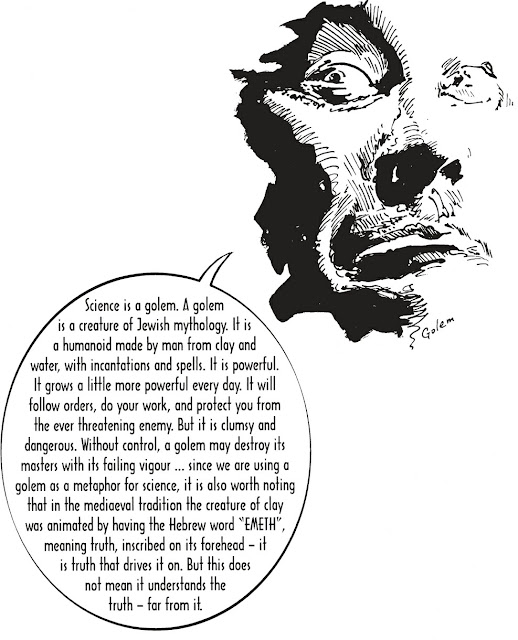Read on to understand the importance of these two elements that we see at every corner of the world.
Carbon lies at the centre of life, its ubiquitous and indispensable ingredient. Carbon atoms link together in chains, and bind with other atoms, to make the whole array of organic chemicals that constitute life itself, from DNA to toenails. Only one other atom is as versatile as carbon, and that is silicon, which comprises the essential ingredient of many rock-forming minerals. It, too, can hold hands with its neighbours through large molecules. Silicon chip technology exploits its properties, and it is not a coincidence that silicon intelligence is portrayed as the only possible rival to that of our own carbon-based brain. You do not have to be a fanatical reductionist to understand that the soul of life is carbonaceous and the soul of rock siliceous.
Carbon lies at the centre of life, its ubiquitous and indispensable ingredient. Carbon atoms link together in chains, and bind with other atoms, to make the whole array of organic chemicals that constitute life itself, from DNA to toenails. Only one other atom is as versatile as carbon, and that is silicon, which comprises the essential ingredient of many rock-forming minerals. It, too, can hold hands with its neighbours through large molecules. Silicon chip technology exploits its properties, and it is not a coincidence that silicon intelligence is portrayed as the only possible rival to that of our own carbon-based brain. You do not have to be a fanatical reductionist to understand that the soul of life is carbonaceous and the soul of rock siliceous.





